How to Choose the Right DevOps Managed Service for Your Tech Stack
- Nitin Yadav
- Knowledge
About

Discover how to choose the right DevOps managed service for your tech stack. Learn key criteria, avoid pitfalls, and scale faster with expert support from SquareOps.
Industries
- CI/CD Automation, Cloud security and compliance, DevOps, DevOps Managed services, SquareOps
Share Via
Introduction
The ever-changing landscape of application development and cloud infrastructure has made DevOps increasingly critical for businesses today. But in-house DevOps can be time-consuming, complicated, and expensive to operate, particularly at scale, with increasingly complex tech stacks that encompass a multi-cloud footing and bet on Kubernetes, microservices, and serverless.
This is where dedicated DevOps managed service provider is of paramount importance. By working with the right partner, enterprises can speed innovation, streamline operations, and grow their business with confidence, without compromising security or resiliency.
In this guide, we’ll delve into why DevOps managed services are so critical right now, what criteria to consider when deciding among provider options, the questions you need to ask, the pitfalls to avoid and the upside of getting your technology stack right.
Why DevOps Managed Service Is Critical Today
In 2025, the speed of digital transformation will demand that business organizations:
- Push out faster and more often without breaking things.
- Effectively manage multi-cloud, hybrid, and containerized infrastructures.
- Automate all the things, from code deployment to scaling infrastructure.
- Guarantee 24/7 availability, security conformance, and incident response.
Those who are purely dependent on in house resources fall behind. A managed DevOps service ensures companies can concentrate on product innovation while the service provider moves forward with problems of infrastructure resilience, process automation and monitoring and compliance.
Key Factors to Consider When Choosing a DevOps Managed Service
It’s not just about productsThe correct provider choice needs to be considered along multiple dimensions.
Expertise in Cloud Platforms
Make sure the provider is both certified for and experienced in:
- Amazon Web Services (AWS)
- Microsoft Azure
- Google Cloud Platform (GCP)
It takes cloud providers who know the ins and outs of each cloud’s services, security models and cost patterns.
Experience with Your Tech Stack
DevOps is tool-driven. Your date should be proficient with computer tools such as:
- Kubernetes, Docker, and Helm
- Terraform, Anisble, PulumiButtonTitles
- Jenkins, GitLab CI/CD, ArgoCD
- Monitoring with Prometheus, Grafana, Datadog
- Vault for secret management
Scalability and Flexibility
Pick a company you know can grow with you. When you are looking to grow from a few servers to multi-region deployments worldwide, flexibility is crucial.
Security and Compliance Capabilities
Security has to be built in at every step. Look for services that offer:
- IAM full form – Identity and Access Management
- The validation of Infrastructure as Code (IaC) for security control
- support for SOC 2, HIPAA, GDPR, or PCI-DSS compliance
- Lock down your CI/CD :thumbsup: We need vulnerability scanning
24/7 Monitoring, Support, and Incident Response
Downtime costs money. Select a service that offers :
- Proactive system monitoring
- The ability to detect and respond to incidents on the spot
- Backups and Disaster Recovery
Customization vs Standardized Packages
Don’t make your DevOps workflows fit one-size-fits-all. A good provider will give you custom options with:
- Business goals
- Application architecture
- Compliance needs
Cost Efficiency and Transparent Pricing
DevOps managed service It should help to lower overall operational overhead with no extra charges. Select a vendor with well-defined SLAs and pricing structures.
Questions to Ask Potential DevOps Managed Service Providers
- Meeting candidates and interviewing potential partners is imperative. Key questions include:
- What DevOps tools, cloud platforms, and frameworks you are an expert in?
- How do such tasks as security, compliance audits, and data protection get managed?
- Can you handle growth from a start-up to enterprise style architecture?
- These and so on.” “Do you have real-time monitoring, pro-active incident response and a disaster recovery plan?
- How do you tailor CI/CD pipelines and workflow for different types of applications?
- Can you explain how you get better and learn new technologies?
Common Mistakes to Avoid When Choosing a DevOps Managed Service
Focusing Solely on Cost
Price is something to be prioritised, but the cheapest provider tends to have low service quality, limitations in scalability and security risks.
Overlooking Tech Stack Alignment
Opting for a vendor with no knowledge of your cloud services, DevOps tools, or industry regulations could mean operational inefficiencies and exposures.
Ignoring Long-Term Scalability Needs
Align with a DevOps service that can grow with your organization. Obviously your early adopter would have to be willing to invest in second-mover development, rendering irrelevant the two limitations to architecture identified in the paper above.
Underplaying Compliance and Governance
Without a doubt are security & compliance a must, as you know. An ineffective compliance plan can put your business at risk for legal, monetary and reputational damages.
Benefits of Choosing the Right DevOps Managed Service
Faster Release Cycles
With an expert DevOps ally, companies can roll features, fixes, and updates more quickly without inviting greater risk.
Reduced Operational Complexity
DevOps managed services manage infrastructure provisioning, scaling, monitoring, back-up, security, which lets internal teams to concentrate on innovation.
Enhanced Security and Compliance
Proactive monitoring and incident handling help to prevent system downtimes and to maximize uptime.
Greater Security and Compliance
“Continual, real time, auditing, vulnerability scanning and secure configurations can mitigate the threat of breaches and adequately address compliance.”
Predictable Scaling and Disaster Recovery
A good provider will have strong scale-out capabilities and documented DR processes for its growth and unexpected events.
Conclusion and Call-to-Action
Selecting the optimal DevOps managed service is more than a technical cloud decision; it’s a strategic decision with consequences on your innovation speed, operational costs, security posture and your long-term scalability.
However, by choosing a provider with deep cloud experience, well-architected tool chain support, security-first principles and a tailored blended service provision, businesses can be confident in quickly progressing their digital transformation journey.
If you’re looking to advance your DevOps and enable it to work for your business, then SquareOps can help.
Reach out to SquareOps to learn more about our custom DevOps managed services that will enhance your cloud operations, automate your deployments, and protect your infrastructure on its journey towards expansion.
Frequently asked questions
A DevOps managed service is a specialized offering where a third-party provider manages cloud infrastructure, CI/CD pipelines, automation, monitoring, and security for businesses.
It reduces operational overhead, accelerates deployments, ensures security compliance, and provides scalable support without the need for large in-house DevOps teams.
Common services include infrastructure provisioning, CI/CD pipeline management, container orchestration, real-time monitoring, security auditing, and disaster recovery planning.
They manage resources across AWS, Azure, GCP, and hybrid-cloud environments, optimizing costs, automating deployments, and ensuring high availability.
By implementing best practices like IAM policies, vulnerability scanning, secure CI/CD pipelines, encryption, and continuous compliance monitoring.
Expertise in your tech stack, cloud certifications, security capabilities, customization options, 24/7 monitoring, and transparent pricing.
Yes. Many providers assist with SOC 2, GDPR, HIPAA, PCI-DSS compliance through secure architectures, documentation, and audit support.
They set up auto-scaling, container orchestration, load balancing, and cloud cost optimization to ensure infrastructure scales with business growth.
Yes. Startups benefit from faster time-to-market, expert guidance, and cost-effective infrastructure management without needing a large internal team.
SquareOps offers tailored DevOps managed services, providing expert automation, cloud management, monitoring, security, and scalability solutions customized for your business needs.
Related Posts
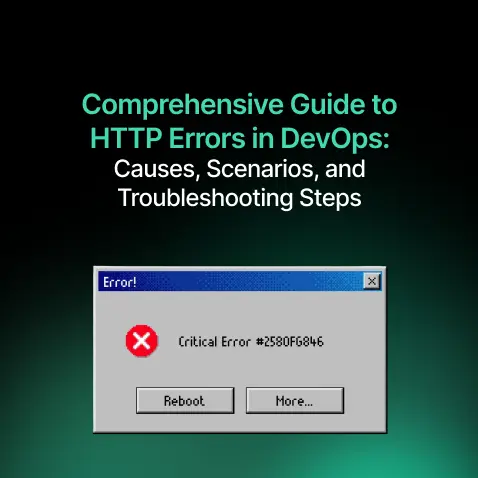
Comprehensive Guide to HTTP Errors in DevOps: Causes, Scenarios, and Troubleshooting Steps
- Blog
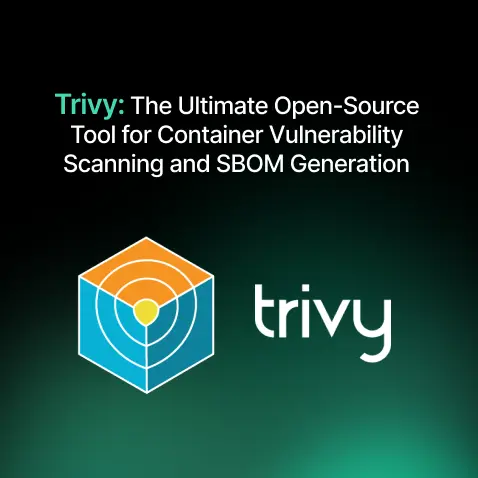
Trivy: The Ultimate Open-Source Tool for Container Vulnerability Scanning and SBOM Generation
- Blog

Prometheus and Grafana Explained: Monitoring and Visualizing Kubernetes Metrics Like a Pro
- Blog
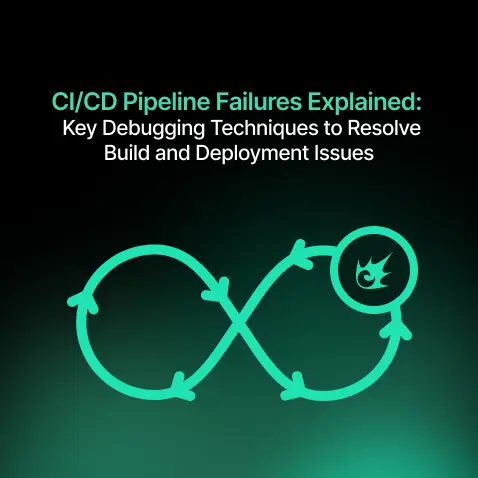
CI/CD Pipeline Failures Explained: Key Debugging Techniques to Resolve Build and Deployment Issues
- Blog
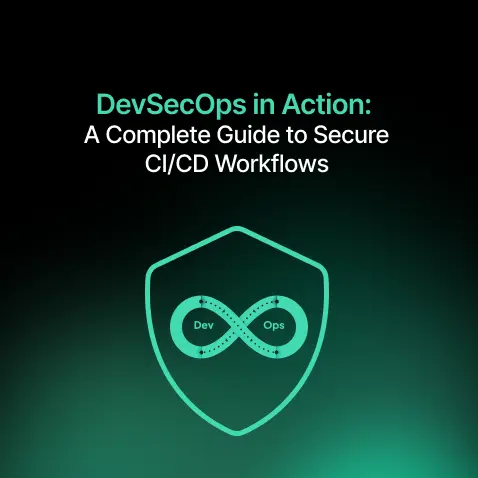
DevSecOps in Action: A Complete Guide to Secure CI/CD Workflows
- Blog
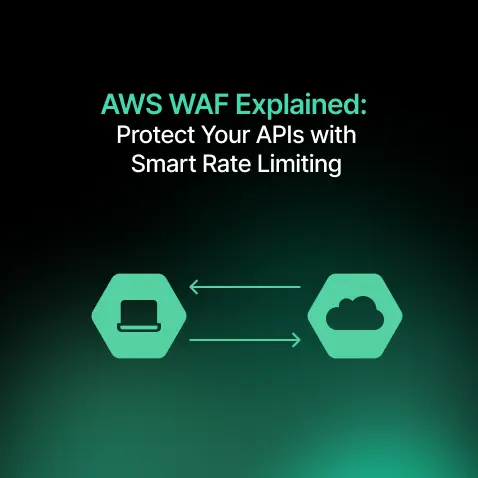
AWS WAF Explained: Protect Your APIs with Smart Rate Limiting
- Blog

